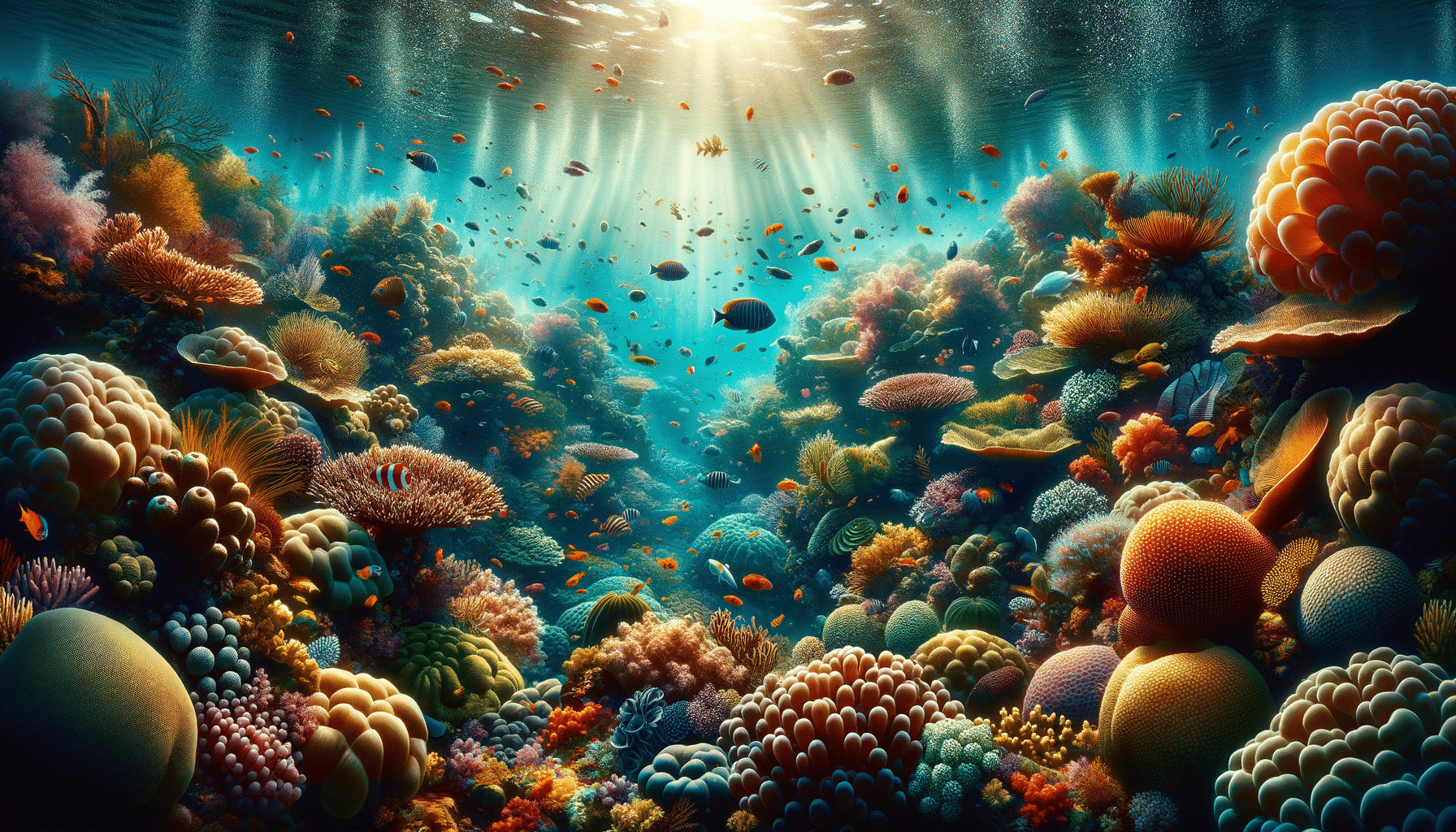
Fully Funded Marine Biology Degree: A Gateway to Oceanic Exploration
Introduction to Marine Biology: A World Beneath the Waves
Marine biology is a fascinating field that delves into the study of life forms that inhabit our oceans. With over 70% of the Earth’s surface covered by water, the ocean is teeming with biodiversity that remains largely unexplored. Pursuing a degree in marine biology allows students to embark on a journey of discovery, learning about the intricate ecosystems that exist beneath the waves.
One of the key attractions of this field is the opportunity to contribute to critical research and conservation efforts. As the health of our oceans directly impacts global climate and weather patterns, understanding marine life is crucial in addressing environmental challenges. A fully funded degree in marine biology not only alleviates the financial burden of education but also attracts passionate individuals dedicated to making a difference.
Understanding Fully Funded Programs
Fully funded programs are educational opportunities that cover tuition fees and often include stipends for living expenses. These programs are designed to support students who exhibit academic excellence and a keen interest in their field of study. In marine biology, fully funded degrees are particularly valuable as they provide access to resources and research opportunities that might otherwise be financially prohibitive.
Such programs often require students to engage in research projects, internships, or teaching assistantships, providing hands-on experience that is indispensable in the field. By removing financial barriers, fully funded programs allow students to focus entirely on their studies and research, fostering a more enriching educational experience.
Career Opportunities in Marine Biology
A degree in marine biology opens up a diverse range of career paths. Graduates can find employment in research institutions, governmental agencies, environmental organizations, and educational institutions. Some may choose to specialize in areas such as marine conservation, fisheries management, or marine biotechnology.
Additionally, marine biologists are often involved in policy-making, working with governments and international organizations to develop sustainable practices and regulations. The skills and knowledge gained from a marine biology degree are also transferable to fields such as environmental consultancy and science communication.
- Research Scientist
- Marine Policy Advisor
- Environmental Consultant
- Marine Conservationist
- Science Educator
The Impact of Marine Biology Research
Research in marine biology has significant implications for environmental conservation and resource management. Marine biologists play a crucial role in understanding the effects of climate change on marine ecosystems, helping to develop strategies for mitigation and adaptation. Their work is vital in preserving biodiversity, protecting endangered species, and ensuring the sustainability of marine resources.
Moreover, marine biology research contributes to advancements in biotechnology, leading to the development of new pharmaceuticals and bioproducts. The exploration of marine organisms has resulted in groundbreaking discoveries that have applications in medicine, agriculture, and industry.
Conclusion: Embarking on a Marine Biology Journey
Pursuing a fully funded degree in marine biology is a remarkable opportunity for those passionate about the ocean and its inhabitants. It offers a pathway to a fulfilling career where individuals can make meaningful contributions to science and conservation. By providing financial support, fully funded programs enable students to immerse themselves in their studies and research, paving the way for innovation and discovery in marine science.
For aspiring marine biologists, the journey is not just about academic achievement, but also about being part of a global effort to understand and protect our planet’s marine environments.


